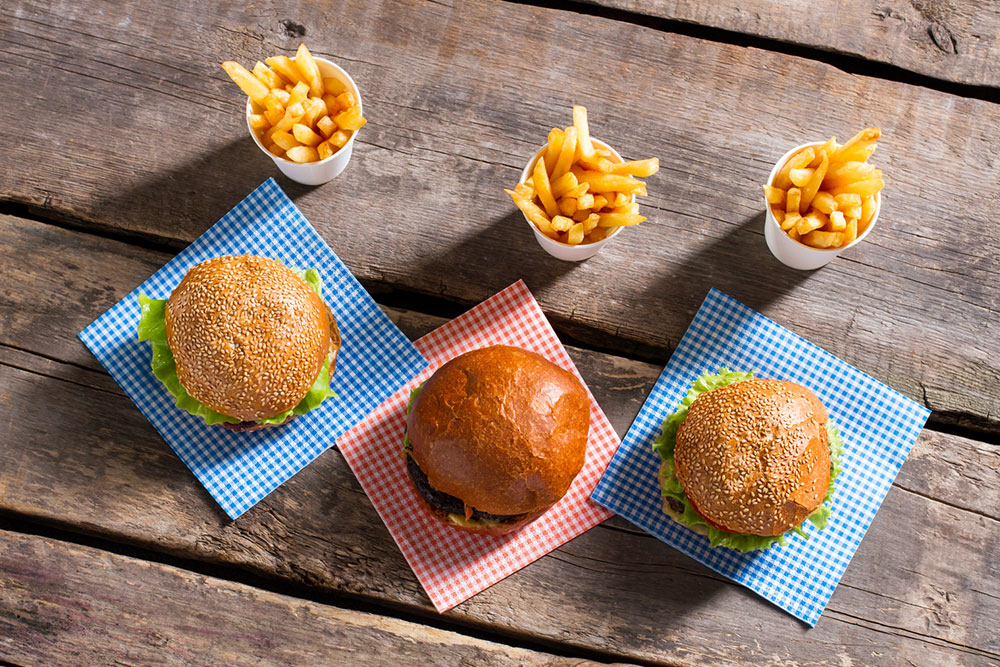Foods to Avoid if You Have Eczema
Eczema is a skin disease that is usually caused by allergies, mostly due to certain food items. The foods to avoid mentioned here can trigger eczema and cause itching and other symptoms. These foods must be strictly avoided. The primary symptom of eczema is itching. Some food products can be allergens and worsen by the symptoms of eczema if consumed.
Foods that Trigger Eczema
The foods you need to avoid if you have eczema is something you need to identify. The help of a dermatologist or immunologist can be taken to understand what triggers asthma symptoms. Once identified, you need to strictly avoid these items.

There are several that may need to be avoided by those having eczema. However, it must be noted that not all people are allergic to all these food items mentioned herein. You need to avoid only those items that cause you problems.
Elimination Diet
You can use the elimination diet to find out if you are allergic to any of these food items. When you eat any of these food items, a reaction may occur between 6 and 24 hours. You need to include these food items in your diet under the supervision of a doctor and try it out for a month.
Foods that You Should Avoid
Following are foods that generally cause allergic skin reactions. If any of these foods affect you, stop consuming them immediately.
- Grapes
Grapes and wine contain salicylates. They also have high levels of monosodium glutamate (MSG) and amines. These three substances can increase eczema symptoms and, hence, need to be avoided. - Citrus Products
Citrus fruits and foods containing citrus are similar in chemical composition to grapes. They can cause your skin to itch and aggravate symptoms of eczema. Nearly a third of those who have eczema have developed worse symptoms as a result of consuming citrus-rich fruits. - Tomato
Tomato and products made from tomato can cause allergic reactions in some people. They contain the three major trigger factors – amines, MSG, and salicylates. - Dairy Products
Completely avoiding dairy products is a bit tricky. Milk and dairy products, especially yogurt, can trigger eczema. However, if you don’t consume adequate dairy products, you can develop a calcium deficiency, and those with a calcium deficiency can develop eczema. Therefore, it is best to avoid dairy products and take calcium supplements instead. - Eggs
Nearly two-thirds of those who have eczema develop allergic reactions after consuming eggs. Raw eggs can increase the inflammation of the skin in eczema sufferers. - Junk Food
Junk food is bad in many ways, but for eczema sufferers, it can trigger severe reactions. This is especially true in the case of children. - Nickel
Food containing nickel like beans, chocolate, lentils, peas, soy, and shellfish can worsen itchiness of skin in some people.
The foods to avoid that for eczema are the ones that cause allergies. These allergies can lead to worsening of the symptoms of eczema. It is important that the foods mentioned herein are identified and avoided.

